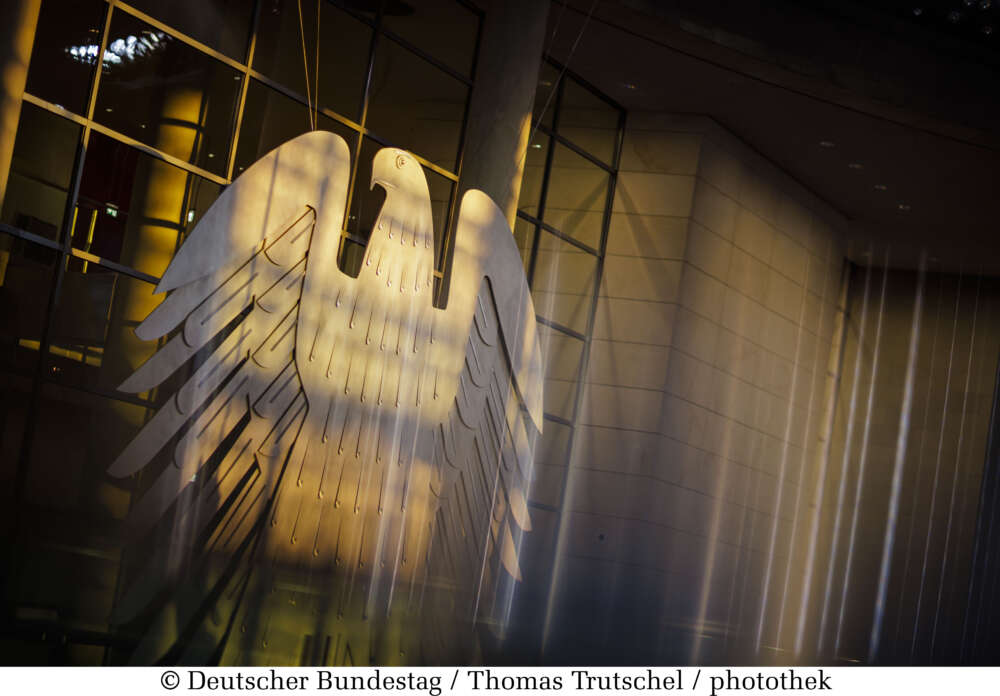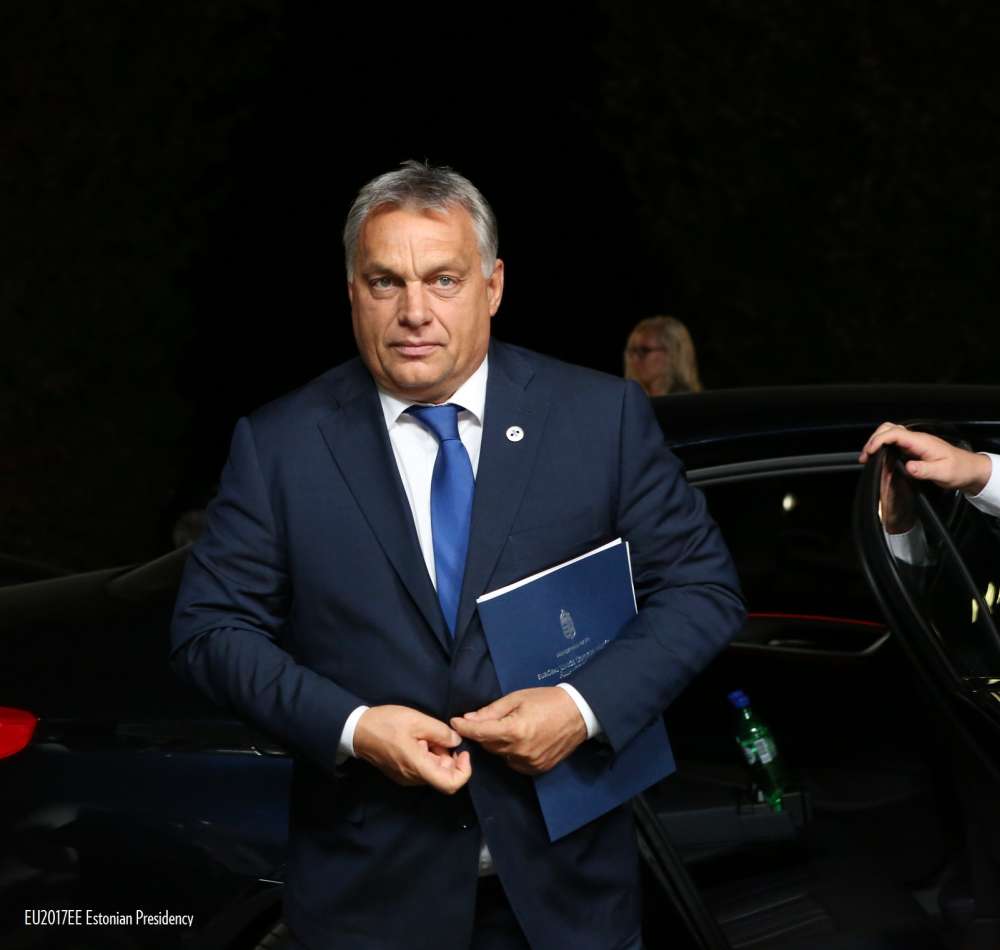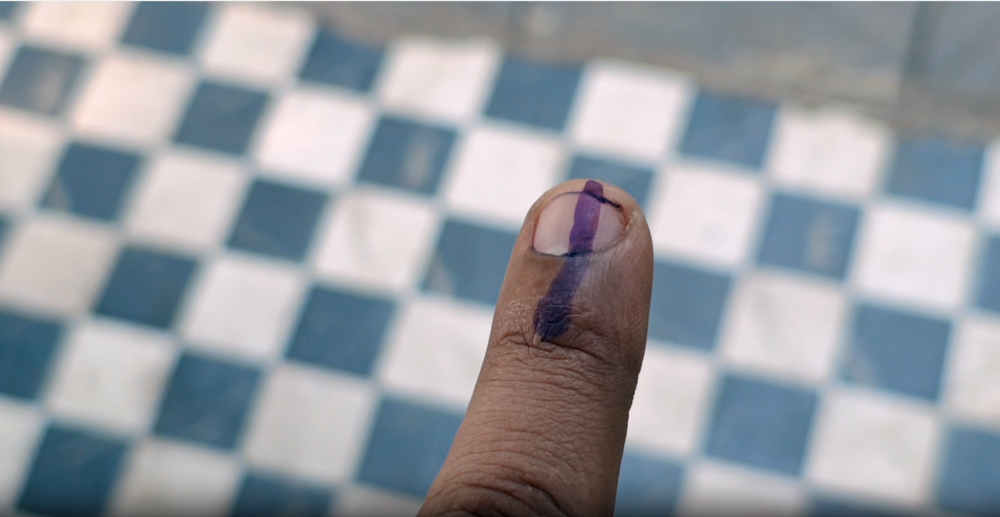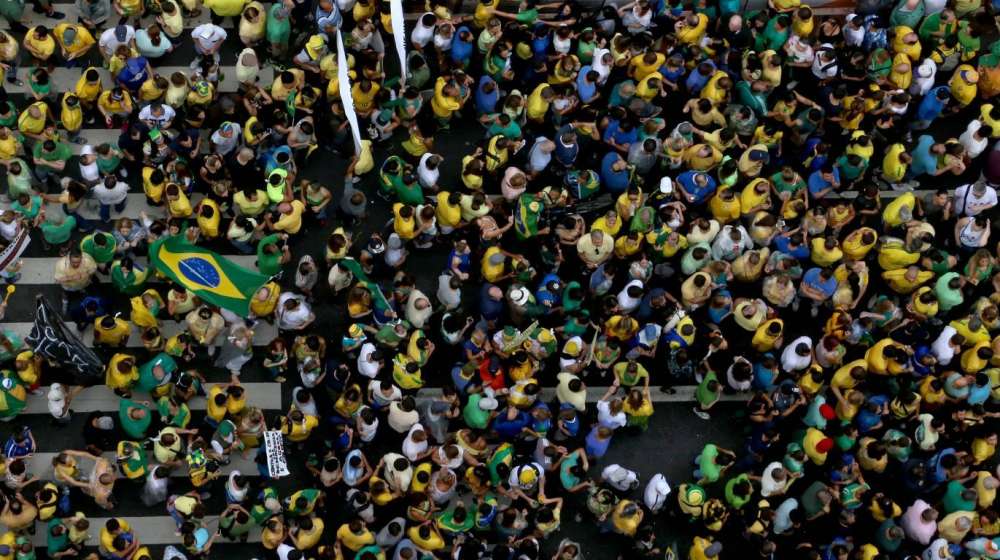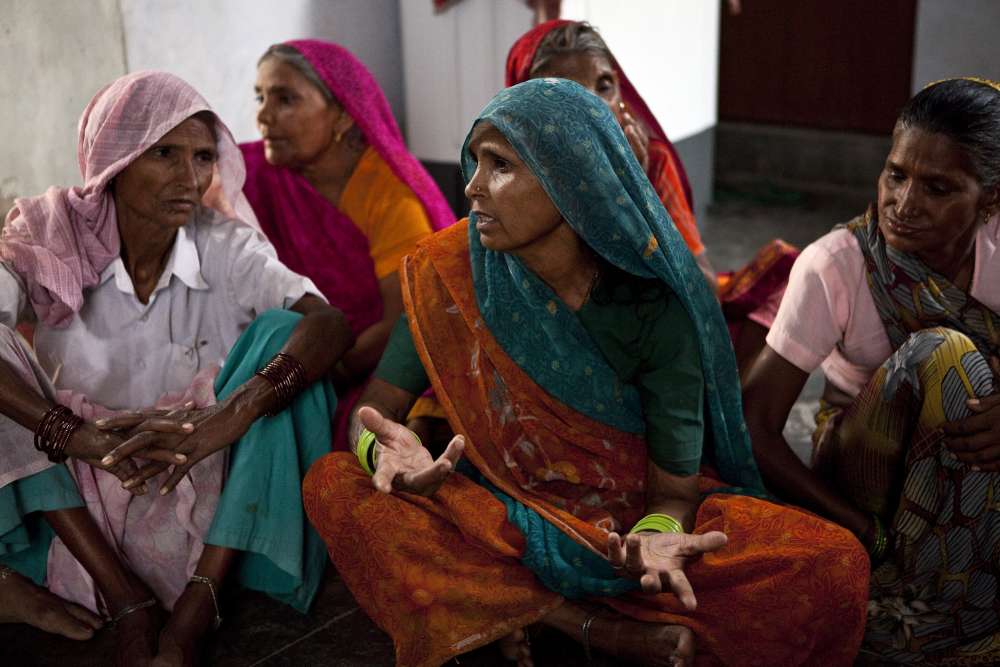Singapore’s New Yale-NUS Controversy: Was Academic Freedom Violated?

On September 13, Singapore’s Yale-NUS College announced the cancellation of what was meant to be a week-long academic program called “Dialogue and Dissent in Singapore.” Led by Alifan Sa’at, a Singaporean playwright who had taught on campus before, it was supposed to feature screenings, panel discussions, conversations with prominent dissidents, and a visit to the Speaker’s Corner.
The cancellation reignited old fronts in the battle about the legitimacy of liberal arts colleges in quasi-authoritarian contexts. Critics seem to be all too ready to jump at the opportunity of employing a “told-you-so” type of narrative. The Washington Post, which had published voices critical of Yale-NUS since its inception, released an article feeding into this narrative. In the German-speaking media, Neue Zürcher Zeitung did the same. But whilst everybody is occupied debating a range of questions—Is this a violation of academic freedom? Is it not? Can academic freedom exist at a liberal arts college in a quasi-authoritarian state? Can it not?— no one asks the one that underpins all these debates: what, exactly, is academic freedom?
If there are no topics that cannot be debated and no criticisms that cannot be voiced, if academics are free to publish and disseminate their research, if exteriors can be brought into the classrooms at the institution’s members’ discretion and if the campus is institutionally independent, then I believe that the institution is academically free. The affirmation of these conditions is what I mean by academic freedom. To the extent of my knowledge and based on my experience as a student, this has been the case at Yale-NUS. But the recent episode has raised question marks on the institutional autonomy part of the academic freedom equation. This aspect of academic freedom is hardest to defend in a quasi-authoritarian or authoritarian environment.
The given reasons for the cancellation of the program were many. The president of Yale-NUS College Tan Tai Yong cited academic concerns as the main driver. He also expressed his unease over the possibility of international students losing their visa for engaging in political activity. “The fundamental reason why we took the decision,” he said to The Octant, Yale-NUS’ campus newspaper, “was risk mitigation.” Upon consultation by Tan, Singapore’s Ministry of Education confirmed that it would not carve out legal privileges for the students engaging in the activities laid out in the curriculum.
Hearing the news, the president of Yale University, Peter Salovey, immediately instituted a fact-finding mission. The resulting report is clear – no violation of academic freedom has occurred. Yale remains confident in the ability of Yale-NUS faculty and senior leadership to uphold their commitments to academic freedom and free inquiry.
Alifan Sa’at has challenged the report’s narrative in Facebook posts from early October. Quoting excerpts from emails and WhatsApp messages exchanged between him and Yale-NUS faculty, he accuses the report of misrepresenting his person and his actions. His intention, as he states in his posts, is to clear his name of wrongful portrayal. He did not directly argue for or against academic freedom on campus.
In contrast, Education Minister Ong Ye Kung did argue about academic freedom in a speech he gave in parliament on October 7. In it, he defamed Alifan Sa’at and others that were invited to participate in the program, he recommended to universities that they “should not work with speakers and instructors […] who openly show disloyalty to Singapore,” and he disapproved of political conscientisation as an objective of education.
I spent one year at Yale-NUS College. Throughout my time on campus, I have never felt constrained in my academic endeavors. Ironically, it was at this very campus that I was first introduced to Paolo Freire’s concept of conscientisation that the Minister believes “is not the taxpayer’s idea of what education means.” The taxpayer he refers to, I am inclined to assume, is none other than himself. Because Yale-NUS embodies the inherent tension of a liberal arts college in a quasi-authoritarian state, it will always be subjected to heightened scrutiny. That, no doubt, is good and called for. But if heightened scrutiny is in order, then heightened attention to details and fine-tuned investigation must be in order, too.
Did President Tan Tai Yong consult the Ministry of Education on the matter? Yes. But he did so as an advocate of the students, trying to pull strings that would guarantee their legal status protection. He failed. Nonetheless, the decision to cancel the course stayed in his and Yale-NUS’ hands. You can disagree with the course of action he took – I do – but you must ask yourself – does this constitute a violation of academic freedom?
President Tan stood under immense pressure. He must have been aware what message cancelling a course on dissent will send to the inattentive observer or to the prying critic. I do not think that his actions violated academic freedom. Nevertheless, I think that consulting a political institution on an academic decision can never be right. This type of action has the potential to make the university dependent on the goodwill of the ministry, a highly problematic dynamic.
Are Yale-NUS students at risk of facing legal consequences for engaging in political activities? Yes. You can be critical of the Singaporean laws that dictate this — I am — but, once again, you must ask – does this constitute a violation of academic freedom?
The recent events on campus call back to mind Human Rights Watch’s accusation that, in establishing Yale-NUS College in the first place, Yale was “betraying the spirit of the university as a center of open debate and protest.” The concerns about legal risks in the case of “Dialogue and Dissent” related to the visit of Speaker’s Corner, which initially included carrying protest signs. Students were supposed to design a sign, bring it to Speaker’s Corner, take a photo with it and then discuss what they felt doing so.
This suggested and later recalled point on the agenda defies the purpose behind such activities in real protests: stating a disagreement with the status quo. By contrast, during my time at Yale-NUS, I did witness mobilization around such disagreements, namely when India decriminalized homosexuality. Students on campus hoped to push for Singapore to do the same. I do not think that cancelling the course violated academic freedom. Nevertheless, I think that criminalizing protest, or even activities like posing with signs, can never be right.
If I have learned one thing at Yale-NUS College, it is that the question “what is academic freedom?” is incredibly difficult to answer. I do not think that the cancellation of “Dialogue and Dissent” was a violation of academic freedom. At the same time, I do think that the speech given by Minister Ong Ye Kung has the potential to grow into one.
The cancellation of the program, controversial as it is, seems to have at least one positive aftereffect: not only has criticism around Yale-NUS been reignited, but also the debate about the meaning of academic freedom itself. Minister Ong Ye Kung has hinted at his understanding; now Yale-NUS and by extension Yale need to respond with their own. They need to be crystal clear that institutional autonomy is an integral part of academic freedom. They need to push back against the minister. If worst comes to worst, the option to exit Singapore must be considered. Whether this will really be necessary will be decided on campus in these crucial days. But only if you are prepared to walk away from your quasi-authoritarian or authoritarian host, you have a fighting chance at defending academic freedom.
It seems that the biggest act of resistance yet by “Dialogue and Dissent” is to be found in its cancellation.
…
This commentary was originally published by The Diplomat on October 11, 2019.

